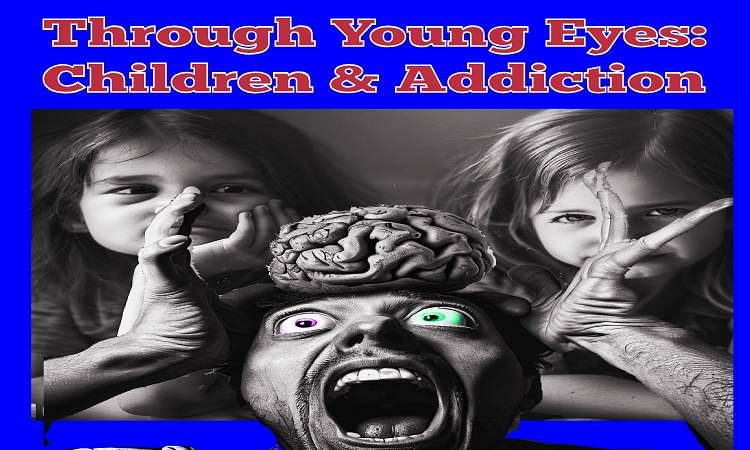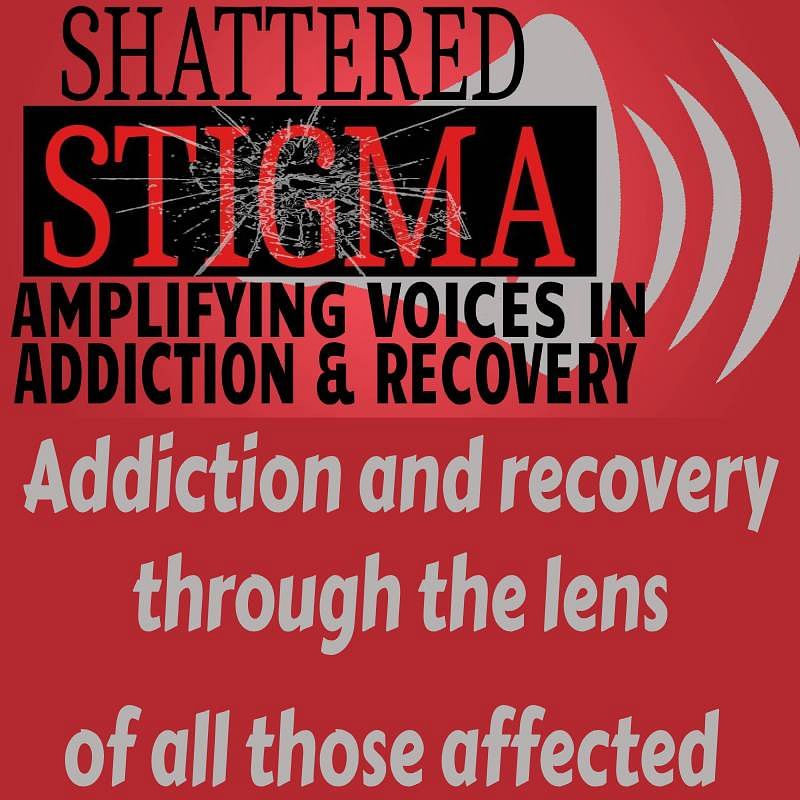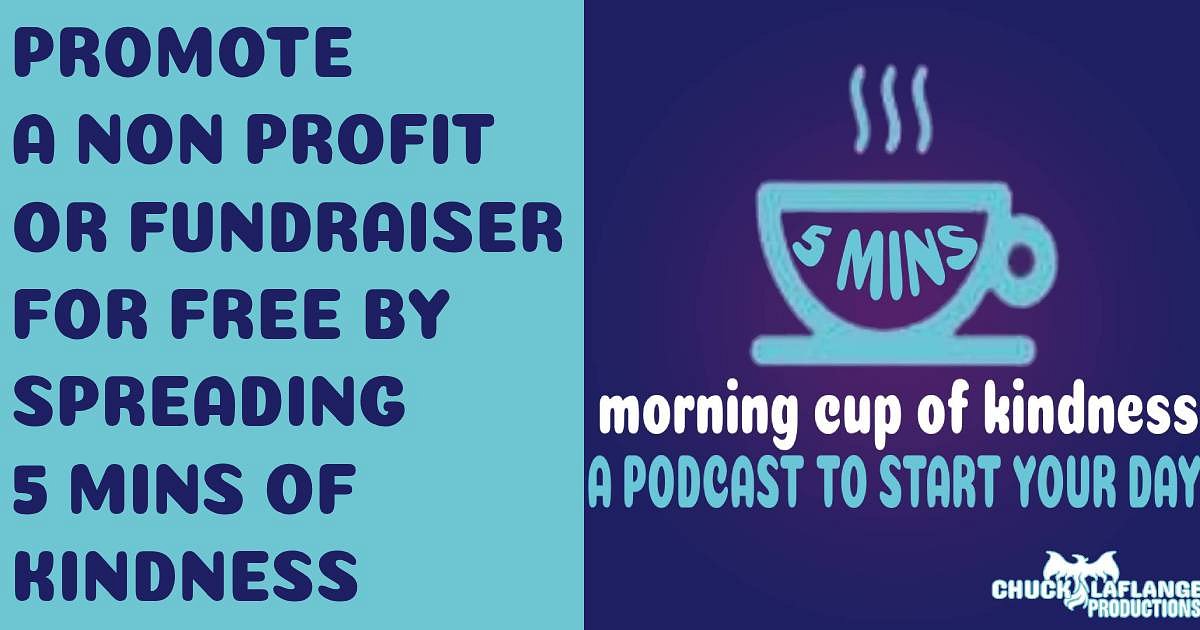
Through Young Eyes: Children & Addiction
From Chuck LaFlange
When we discuss addiction, the conversation often revolves around the individuals directly involved, the addicts themselves, and their path to recovery. Yet, lurking in the shadows of this devastating scenario are the often-forgotten victims: children who witness and live through a loved one's addiction. This blog post aims to illuminate the struggles these children face and the myriad ways in which addiction impacts their lives.
The Stark Reality: Statistics and Facts
Before delving into the heart of the matter, let's start with some undeniable numbers. The Substance Abuse and Mental Health Services Administration (SAMHSA) states that over 8.7 million children, 17 or younger, live in households where at least one parent battles with a substance use disorder in the North America. To give this some context, that's about 12% of all children in the USA and Canada. Every single one of these statistics represents an individual—a child with dreams, fears, and an intrinsic need for stability.
The Psychological Effects of Addiction on Children
The impact of addiction on children runs deep. Their trust is frequently shattered when an addicted parent or caregiver breaks promises or displays erratic behavior. This betrayal can lead children to develop attachment issues, doubting not just the addicted individual but also their overall faith in people.
Emotionally, many of these children grapple with guilt, shame, and the misguided belief that they might be the cause of their loved one's addiction. This internal turmoil often manifests in anxiety, depression, and even symptoms resembling post-traumatic stress disorder.
Academically, the effect is equally damning. A distracted mind and a chaotic home environment can lead to declining grades, absenteeism, and an increased likelihood of dropping out of school.
Deciphering Perception: How Children Process Addiction
Children, especially the younger ones, tend to be egocentric by nature. This means they often believe they are directly responsible for the events around them. As a result, a child may internalize a loved one's addiction as their fault. Thoughts such as, "If I behaved better, maybe they wouldn't drink," become a silent mantra, causing tremendous damage to their self-worth and mental well-being.
Support: A Ray of Hope
While the picture painted is undoubtedly grim, there's hope. Addressing and acknowledging these impacts is the first step towards healing. Communication tailored to the child's age and understanding, books, stories, and other resources can significantly assist in explaining addiction.
Professional counseling, therapy, school counselors, and peer support can offer these children the emotional tools they need to cope and thrive. Furthermore, support groups and organizations dedicated to assisting children of addicted parents can provide both practical and emotional support.
Finally
The ripple effects of addiction on children are vast, touching every facet of their existence. However, with understanding, support, and the right resources, these children can navigate these rough waters and emerge resilient.
If you or someone you know needs assistance or more information on this topic, reach out. Remember, by shedding light on these struggles, we can bring about understanding, empathy, and change.
Chuck









